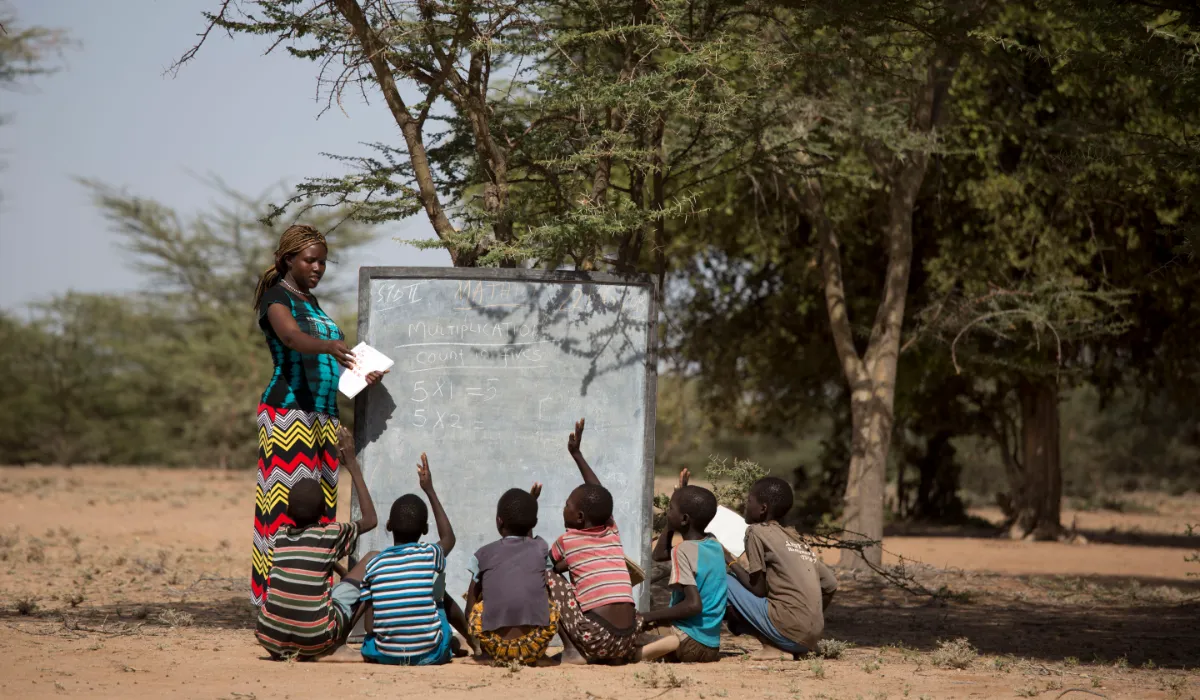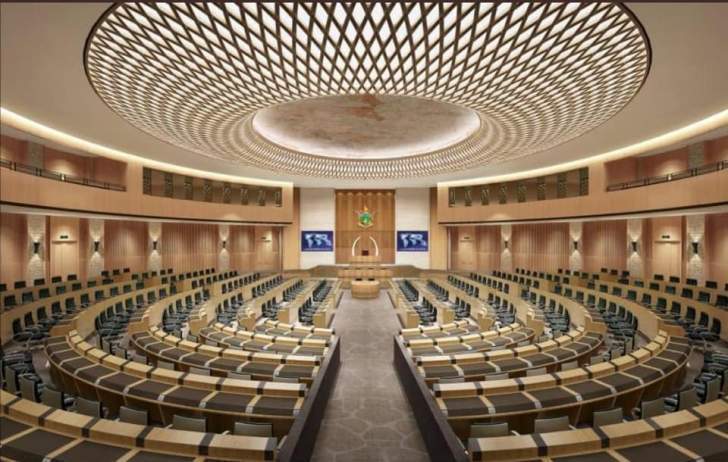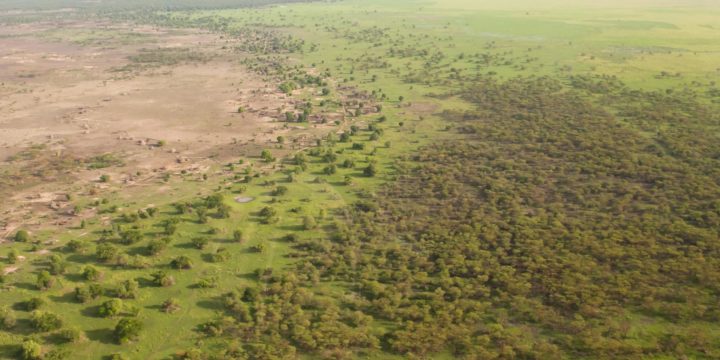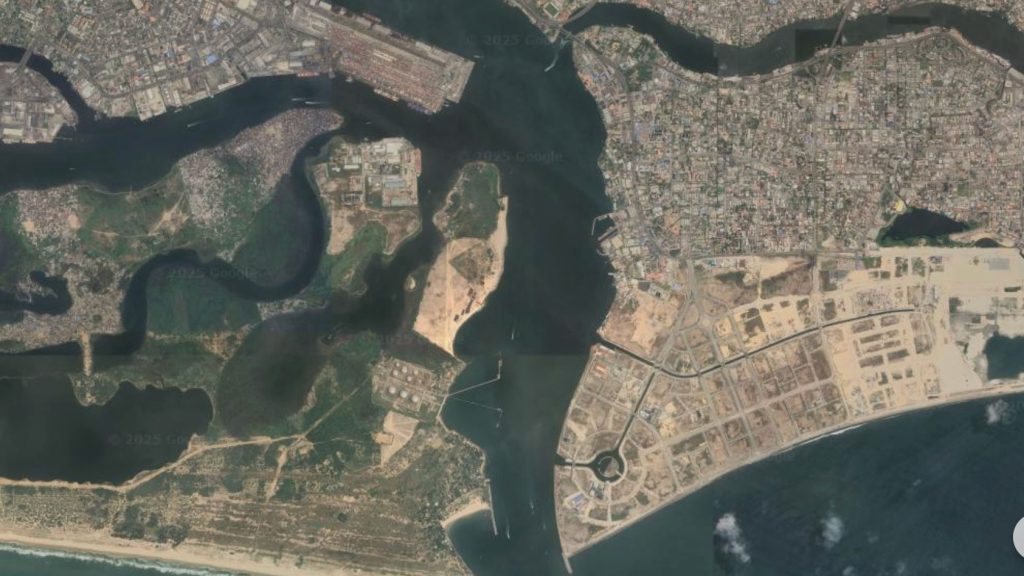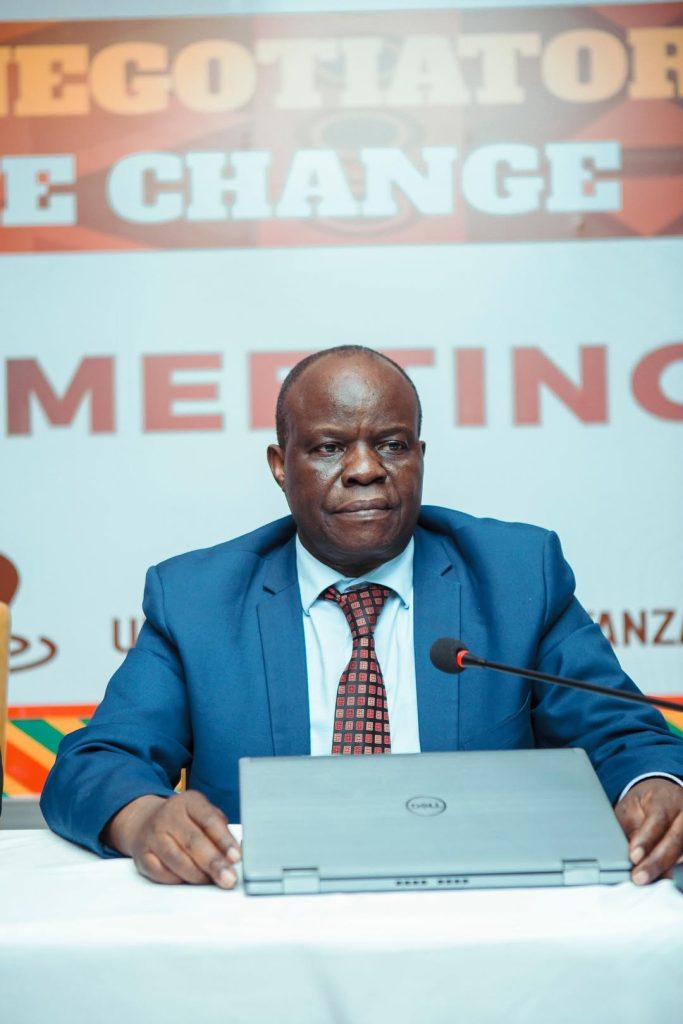We need to make more informed and transformative responses to reduce our vulnerability to climate change and boost our adaptation capabilities to handle the current and escalating impacts of climate change. But it is not easy to make informed, planned and proactive responses to climate change without basic knowledge of its causes and consequences.
The first continental-scale study of climate change literacy rates across Africa shows that public understanding of climate change in Africa is low: just 23 to 66% of the population across 33 African countries. Importantly, it is particularly low for population groups that are already more vulnerable to climate change than others.
At a minimum, climate change literacy includes both having heard of climate change and understanding that it is, at least in part, caused by people. Advanced levels of climate change literacy include knowledge and skills enabling individuals to make informed decisions and actions that can reduce the risk of climate change to themselves, their families, their businesses and their futures.
Climate change literacy rates are measured to be lower for women than men: country-level climate change literacy rates are, on average, 12.8% lower for women than men. Rates are also lower for those who have less education achievement, people living in informal shelters, rural populations and for people living in poverty.
The gender gap in climate change literacy is a global phenomenon, but is particularly acute in Africa and needs to be directly addressed as women are often more vulnerable to climate change impacts than men. We therefore need to develop gender transformative approaches to boosting climate change literacy to reduce this specific vulnerability and support more equitable and transformative responses to climate change.
Understanding potential differences in climate change literacy across generational cohorts, particularly given Africa’s youthful and growing population will be increasingly important and holds promise to turn the tide. Climate change will affect the wellbeing of today’s children across their whole lives, and they have a right to information and a right to have their opinions taken into account when adults are making decisions that affect them. Increasing rates of climate anxiety raises the concern of how and when climate change literacy can or should be introduced at specific age cohorts in ways that help rather than harm such as through career choices, activism, pro-environmental behaviour norms.
Key decision makers and politicians will increasingly require deeper and more applied climate change literacy, for example for city managers to inform development planning that is more climate resilient, or for the judiciary to apply their minds to people’s right to a clean and healthy environment in a climate changed world, or for neonatal surgeons to understand the growing risks of exposure to extreme heat of pregnant mothers. Beyond knowing ‘what the weather will be’ they need to understand ‘what the weather will do’. To make informed decisions across multiple domains like these requires strong foundations in climate change literacy.
Finally, and somewhat pathologically, some of the most climate change literate groups are currently in the fossil fuel industry, marketing companies and media houses that are working with them against climate action. They have climate weaponised knowledge of climate change and societal responses to climate science against climate action through strategies of denial, delay and deflecting responsibility. Improving climate change literacy is urgently needed to combat disinformation from these groups and to inform more sophisticated strategies that counter their moves.
Public understanding of climate risk is particularly relevant to the African Union’s 2024 focus on education and its Climate Change and Resilient Development Strategy and Action Plan which highlights climate change literacy as one of five key policy and governance interventions areas needed to pursue climate resilient development. To act more effectively in this area we need to increase regional climate change literacy across all levels of formal and informal education curricula, particularly for the girl child. We need to mainstream climate change literacy into targeted sectors most vulnerable to climate change in Africa (across food systems, health, cities, infrastructure, economies and water) and the continued professional development and training across them. Finally, we also need to mainstream climate change literacy across government policy and decision makers from municipal officials to national government ministerial levels.
Dr Nick Simpson is a Senior Research Fellow in the Climate and Sustainability programme at ODI. His research focuses on how we can best respond to climate change with special interest in climate-resilient development pathways for Africa. Nick is an IPCC author and has published over 50 peer reviewed articles since 2018, including the first continental-scale studies on climate change literacy rates, climate risk to heritage, climate change research finance, and the first adaptation feasibility assessment for Africa. Nick holds a PhD in environmental assessment, an MPhil in Society, Environment and Sustainability, and a Postgraduate Certificate in Education all from the University of Cape Town with which he maintains an Honorary Research Associate position.
Google Scholar: https://scholar.google.com/citations?user=7_0C7-8AAAAJ&hl=en

